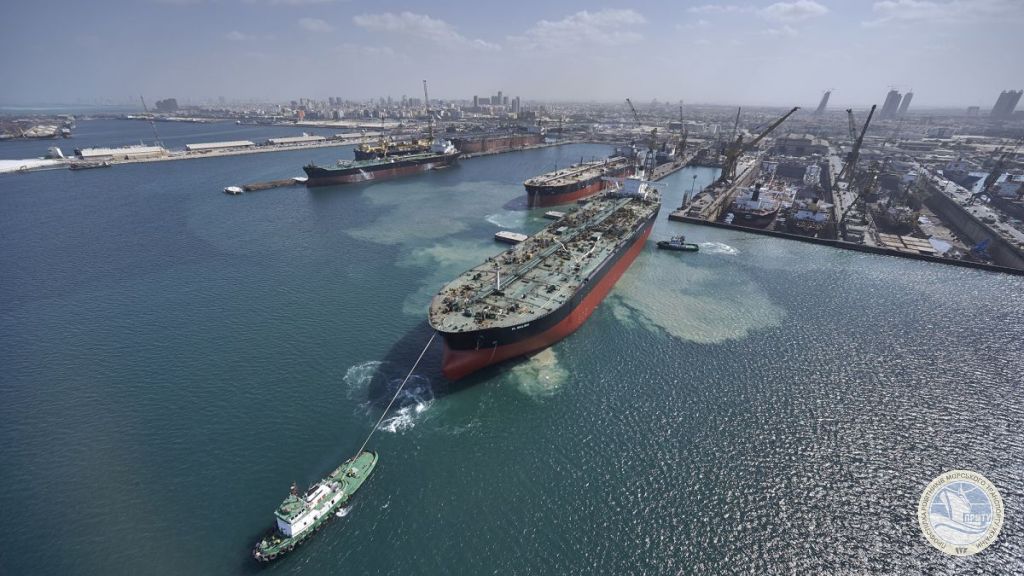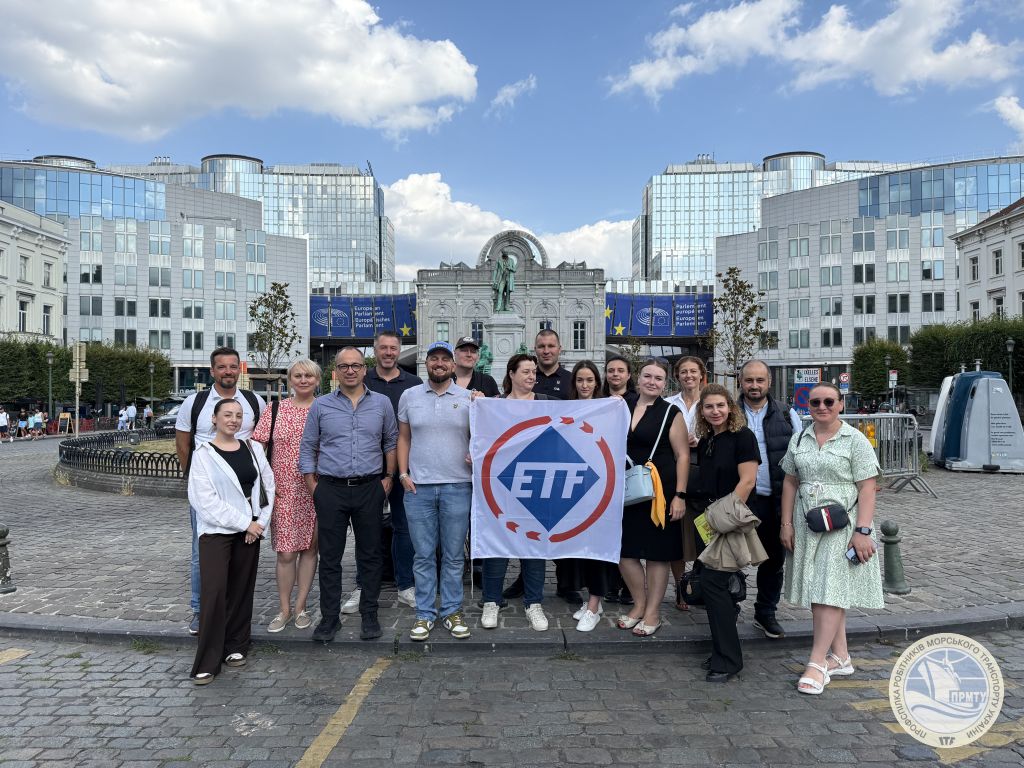Comment article by Seth Payer, Head of Data and Research at the International Transport Workers' Federation
The International Transport Workers’ Federation (ITF) has a unique and powerful influence on the wages and conditions of seafarers working on Flag of Convenience ships, through negotiating ITF agreements with shipowners.
ITF’s Inspectorate – made up of 133 Inspectors covering more than 120 ports across 59 countries – police and enforce these agreements. They can legally board a vessel with an ITF agreement to carry out an inspection to check that the terms and conditions of the agreement are being complied with. Inspections are also carried out on vessels without at ITF agreement and seafarers/crew can reach out to any ITF Inspector.
ITF Inspectors educate seafarers about their human and trade union rights. In 2023, ITF Inspectors completed over 10,500 inspections/cases, supporting thousands of seafarers on a varying number of issues including wage claims, repatriation, medical, lack of food and water cases, among others.
Inspectors are trained to look for exploitation, hours of work/rest – even for signs of forced labour, human trafficking and modern slavery.
Information from each inspection is stored in a global database with over 15 years of data and nearly 200,000 inspection reports.
The global database holds information on problems faced by seafarers, including unsafe vessels, poor safety practices, unpaid wages, poor on-board conditions, fatigue, criminalisation and abandonment.
Combined with data related to vessels and trade, this information equates to hundreds of millions of rows of data points and around five terabytes of data.
New skills in data management, processing and interpretation are used to aggregate and analyse this data set.
The collection and analysis of this inspectorate data sits at the heart of the ITF’s approach to Human Rights Due Diligence (HRDD). The ITF’s HRDD model is based around the internationally recognised principles of identification, prevention and mitigation of human rights abuses, particularly within the maritime industry.
ITF Inspectorate data provides real-time insights into compliance with labour standards, wages, working conditions, and other relevant factors that directly impact seafarers' well-being. There is no other organisation generating similar data or doing similar work.
This data plays a crucial role in the ITF’s HRDD approach within the maritime industry, and it is pivotal in ensuring that companies comply with international labour standards and regulatory requirements. By regularly monitoring and analysing inspectorate data, companies can assess their performance against established benchmarks, identify areas of non-compliance, and take corrective actions to address deficiencies.
Cooperation agreements between the ITF and cargo-owning companies based on data-driven approaches will allow companies to demonstrate due diligence in their supply chain management practices, mitigating legal and reputational risks associated with human and labour rights violations. By working with the ITF on their efforts to monitor, prevent, and address labour rights abuses, companies can enhance transparency and improve standards for seafarers.
As mandated reporting requirements increase, the importance of this data will increase. By harnessing the power of inspectorate data and advanced analytics, the ITF is generating valuable insights into labour conditions. These insights are driving meaningful change and will ensure not only that companies comply with international labour standards, but also that the rights of the seafarers who move our world are respected.






